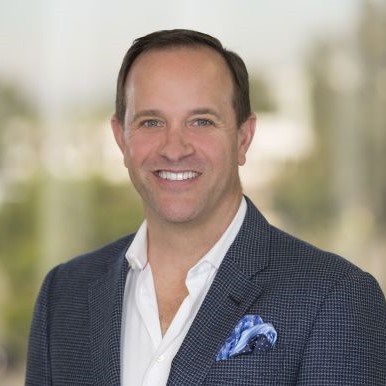AEON Biopharma said its botulinum toxin treatment candidate failed a Phase 2 migraine study at the planned interim analysis. The company’s share price $AEON was halved in premarket trading on Friday.
An “unexpected placebo effect” spelled trouble for the trial. The company said it will evaluate next steps for developing ABP-450 and has “immediately commenced cash preservation measures and will review all strategic options.”
The miss in preventing chronic migraine comes about half a year after ABP-450 (prabotulinumtoxinA) did not clear the bar in a mid-stage test for preventing episodic migraine.
 Marc Forth
Marc ForthThe company was “surprised and disappointed” with the results in chronic migraine, CEO Marc Forth said in a statement. While “both active arms showed a reduction in monthly migraine days directly in-line with our expectations,” it was the “highly abnormal and unexpected placebo effect” that tanked the trial’s success.
Just two months ago, AEON said it planned to move into Phase 3 for both chronic and episodic migraine based on a “productive” end-of-Phase 2 meeting with the FDA. At the time, Forth said the company had “aligned on the proposed study design and the primary endpoint for the pivotal Phase 3 program with ABP-450 injection.”
Like AbbVie’s Allergan, Revance Therapeutics and other companies, AEON is trying to take a cosmetic botulinum toxin into the therapeutic setting. ABP-450 contains the same botulinum toxin used in cosmetic products marketed as Jeuveau by Evolus.
AbbVie’s Botox is the most notable. It has racked up more than 10 approvals since 1989, including for chronic migraine and cervical dystonia. Revance’s Daxxify picked up its first therapeutic indication last August in cervical dystonia, a rare neurological condition marked by involuntary contractions in the neck muscles. AEON also ran a Phase 2 in this patient population and had planned for a late-stage trial this year.
The Irvine, CA-based biotech went public via a SPAC merger, which it completed last July. The combination with Priveterra Acquisition Corp. came with $50 million of committed financing.